Shaping The Future Of Indian Textiles The Government's Approach To Quality Control Orders (qcos)
Share Post
India's textile industry is one of the largest and most diverse sectors in the country, contributing significantly to its economy in terms of employment, exports, and value-added production. The sector's potential for growth, both domestically and globally, is immense, but it faces several challenges, including issues related to quality standards. The Indian government's approach to managing these challenges has included the implementation of Quality Control Orders (QCOs), aimed at regulating and improving the quality of textile products manufactured, sold, and imported in the country.
The government's perspective on Quality Control Orders (QCO) in the textile industry is centered around safeguarding consumers interests, enhancing product quality, and ensuring that Indian textile products remain competitive in the global market. With the vast scale of the Indian textile sector, spanning from traditional fabrics to technical textiles used in industrial applications, Geo textiles, and medical textiles the government recognizes that maintaining stringent quality standards is critical for protecting both domestic consumers and the industry's global reputation.
Quality Control Orders (QCOs) are a set of regulatory guidelines and standards issued by the Bureau of Indian Standards (BIS) under the authority of the Ministry of Textiles. They apply to various products within the textile sector, including garments, fabrics, and fibers.
One of the most significant advantages of QCOs is the protection they offer to consumers. By enforcing stringent quality standards, the government ensures that textile products sold in India meet safety, durability, and performance benchmarks. This results in increased consumer confidence, as buyers are assured of the quality and reliability of the products they purchase.
For instance, the government's decision to implement QCOs on medical textiles such as sanitary napkins, disposable diapers, dental bibs, shoe covers, bedsheets, towels, etc has provided a framework for evaluating the quality of such items. These QCOs require manufacturers to comply with the prescribed standards related to product composition, finishing, and other specifications. As a result, consumers are able to make informed purchasing decisions, which in turn helps to build a reputation for Indian-made textile products as being safe and reliable.
Standardized Product Quality
The government views QCOs as essential tools for establishing mandatory standards across the textile sector, ensuring that both locally manufactured and imported products meet predefined quality, safety, and environmental benchmarks. By mandating these standards, the government aims to eliminate substandard goods from the market, as well as create a level playing field for domestic manufacturers, and bolster consumer confidence. QCOs also provide a mechanism to integrate Indian textile products with international quality norms, making them more appealing to global markets.
QCOs hold immense significance for the textile industry, both domestically and globally. One of the primary benefits of QCOs is the assurance of product quality for consumers. The textile industry produces a wide range of goods, from everyday clothing to specialized industrial textiles. For consumers, QCOs guarantee that the products they purchase meet essential safety and performance standards. This translates into better value for money, as products are less likely to wear out quickly, shrink after washing, or lose their color. In essence, QCOs enhance consumer trust in Indian textiles.
In addition, QCOs help Indian manufacturers align with international quality standards, which is crucial for competing in global markets. Indian textile exports face stiff competition from countries like China, Bangladesh, and Vietnam. By ensuring that Indian products meet global quality benchmarks, QCOs help manufacturers establish credibility and gain a competitive edge in international markets. Complying with QCOs makes Indian textiles more attractive to foreign buyers, enabling manufacturers to command higher prices for their goods and expand their market reach.
Streamlining Operations
The underlying objective of implementing QCOs is to streamline the industry's operations by setting minimum requirements that all products must meet. The government believes that this is crucial for positioning India as a global leader in textiles, especially as consumers worldwide are becoming more conscious of product quality and sustainability. At the same time, QCOs reflect the government's commitment to ensuring that domestic producers are not disadvantaged by subpar, low-cost imports that may otherwise flood the Indian market.
Sustainability and Eco-friendliness
Another key component of the government's thinking is the long-term sustainability and eco-friendliness of the textile industry. The textile sector is known for its significant environmental impact, and the government recognizes that integrating sustainability into quality control measures is vital. Many QCOs include provisions for environmental standards, such as reducing the use of harmful chemicals, promoting the use of sustainable raw materials, and encouraging eco-friendly manufacturing processes. These steps align with India's broader environmental goals and help the textile sector contribute to the country's overall sustainable development agenda.
Another critical advantage of QCOs is the promotion of sustainability within the textile industry. Many QCOs include environmental standards that encourage manufacturers to adopt eco-friendly production methods, reduce the use of harmful chemicals, and minimize their environmental footprint. Given the growing global demand for sustainable products, these measures help Indian manufacturers cater to environmentally conscious consumers. In the long term, this focus on sustainability strengthens the industry's reputation and positions Indian textiles as leaders in the global shift towards eco-friendly production practices.
Level Playing Field
Quality Control Orders (QCOs) are legally binding directives issued by the government that require manufacturers and importers to adhere to specific Indian standards. These standards, developed by the Bureau of Indian Standards (BIS), are designed to ensure product quality, safety, and, in some cases, environmental sustainability. When a QCO is issued for a particular textile product, compliance with the related standard becomes mandatory for all market players.
In the case of imports, QCOs ensure that foreign manufacturers also adhere to the same standards. Imported textile products must meet the same rigorous testing and certification process, creating a fair competitive environment for domestic manufacturers. By applying the same quality standards to both local and imported goods, the government seeks to prevent substandard foreign products from undercutting domestic manufacturers.
QCOs also play a role in safeguarding domestic  industries from unfair competition. Without QCOs, the Indian market could be flooded with low-cost, low quality imports, which would put pressure on local manufacturers to cut corners in order to compete on price. By enforcing quality standards for both domestic and imported products, QCOs ensure that Indian manufacturers are not undercut by cheaper, inferior goods. This creates a level playing field where competition is based on quality rather than price alone, fostering healthy industry growth.
industries from unfair competition. Without QCOs, the Indian market could be flooded with low-cost, low quality imports, which would put pressure on local manufacturers to cut corners in order to compete on price. By enforcing quality standards for both domestic and imported products, QCOs ensure that Indian manufacturers are not undercut by cheaper, inferior goods. This creates a level playing field where competition is based on quality rather than price alone, fostering healthy industry growth.
Enforcement of QCOs
The enforcement of QCOs is carried out through periodic inspections and audits by regulatory bodies. Non-compliance with QCOs can result in penalties, product recalls, or bans on the sale of non-compliant goods. This enforcement mechanism ensures that the standards are consistently applied across the board.
The introduction and enforcement of QCOs  reflect the government's broader vision for the textile industry. By establishing mandatory quality standards, the government aims to transform the Indian textile sector into a high-quality, sustainable, and globally competitive industry. The government's long-term goal is to elevate India's standing as a global leader in textiles, not just in terms of volume but also in terms of quality and innovation.
reflect the government's broader vision for the textile industry. By establishing mandatory quality standards, the government aims to transform the Indian textile sector into a high-quality, sustainable, and globally competitive industry. The government's long-term goal is to elevate India's standing as a global leader in textiles, not just in terms of volume but also in terms of quality and innovation.
Alignment with “Make In India”  Initiative
Initiative
The government's focus on quality control is also aligned with its “Make in India” initiative, which aims to boost domestic manufacturing and reduce dependency on imports. By enforcing QCOs, the government is sending a clear signal that Indian manufacturers need to prioritize quality if they want to succeed in both domestic and international markets. This emphasis on quality is also seen as a way to attract more foreign investment into the sector, as global investors are more likely to invest in industries that adhere to high standards of production.
At the same time, the government recognizes the challenges that small and medium-sized enterprises (SMEs) may face in complying with QCOs. To address this, the government provides support in the form of training programs, access to testing facilities, and financial assistance for technology upgrades. These initiatives are designed to help SMEs transition smoothly to the new quality standards without facing significant financial or operational burdens.

11:05 AM, Dec 19
Source : Shaping The Future Of Indian Textiles The Government's Approach To Quality Control Orders (qcos)
Other Related Topics

.webp)
US–Bangladesh Tariff Pact Brings Fresh Momentum to Garment Exports
04:08 PM, Feb 10



.webp)


1.webp)
1.webp)


1.webp)
1.webp)


1.webp)


1.webp)
1.webp)









1.webp)

1.webp)





1.webp)


1.webp)
1.webp)
1.webp)


1.webp)
1.webp)

1.webp)



1.webp)
1.webp)
1.webp)
1.webp)
1.webp)
1.webp)

1.webp)

1.webp)
1.webp)




1.webp)




1.webp)






1.webp)
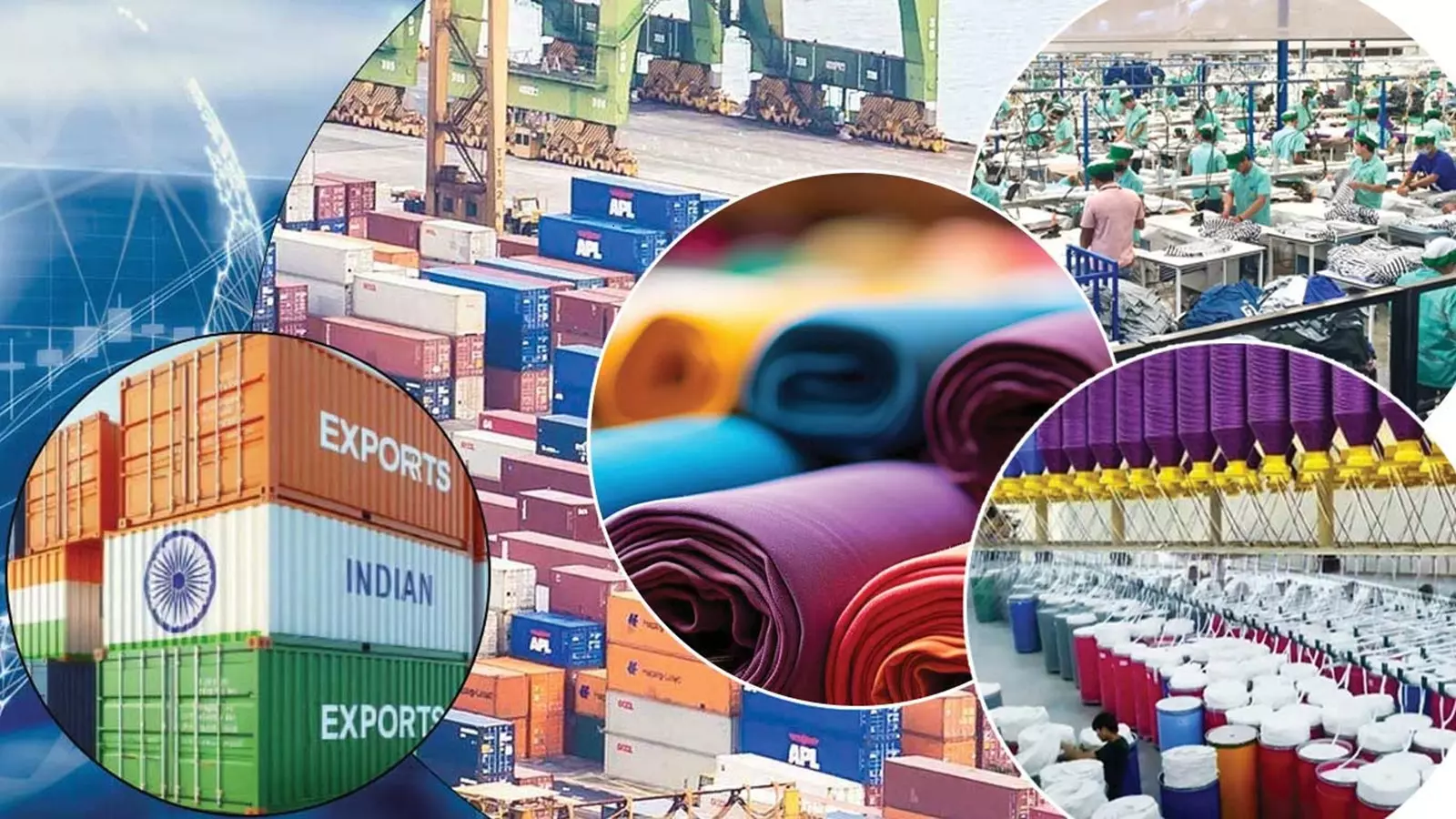

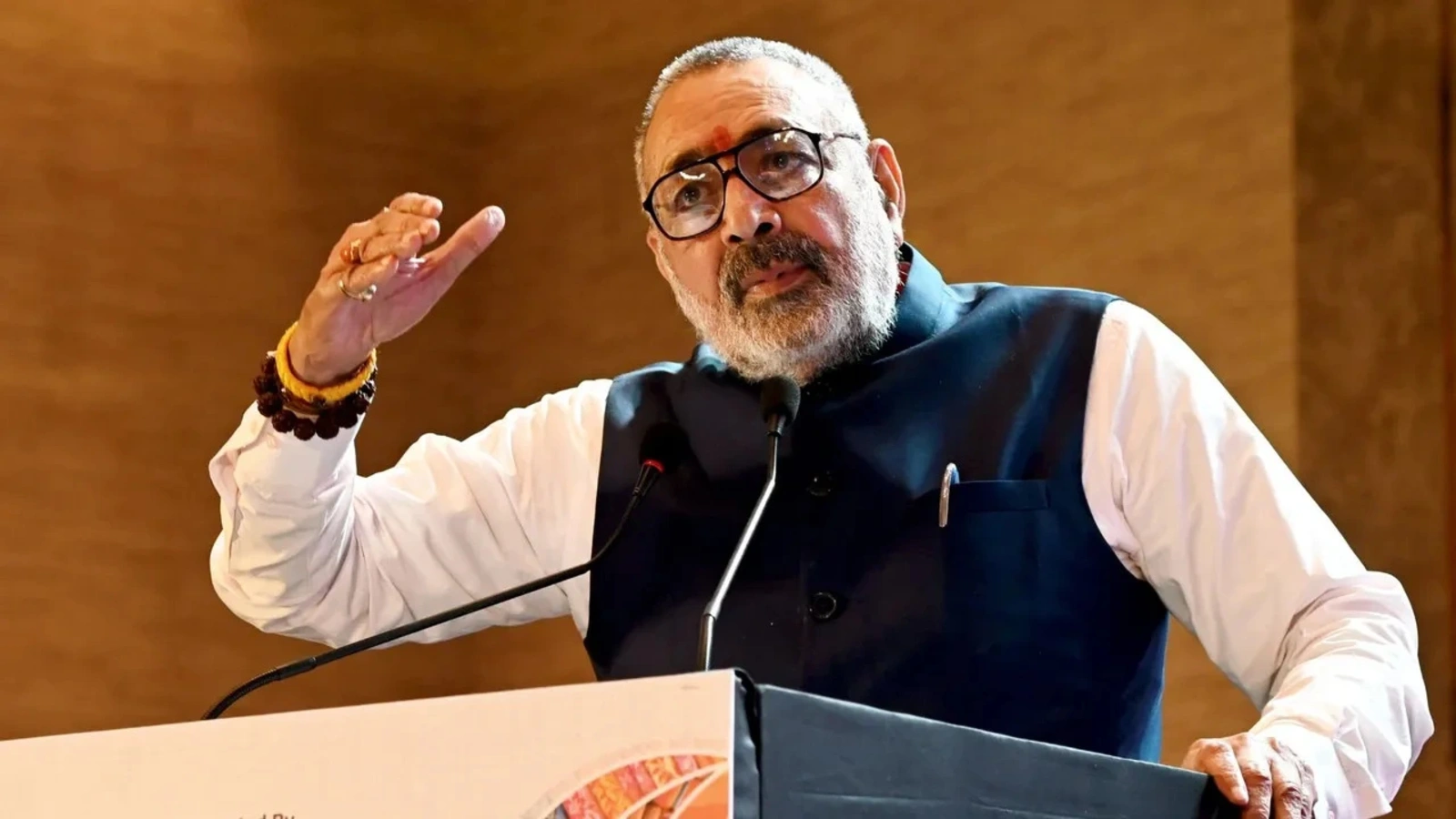
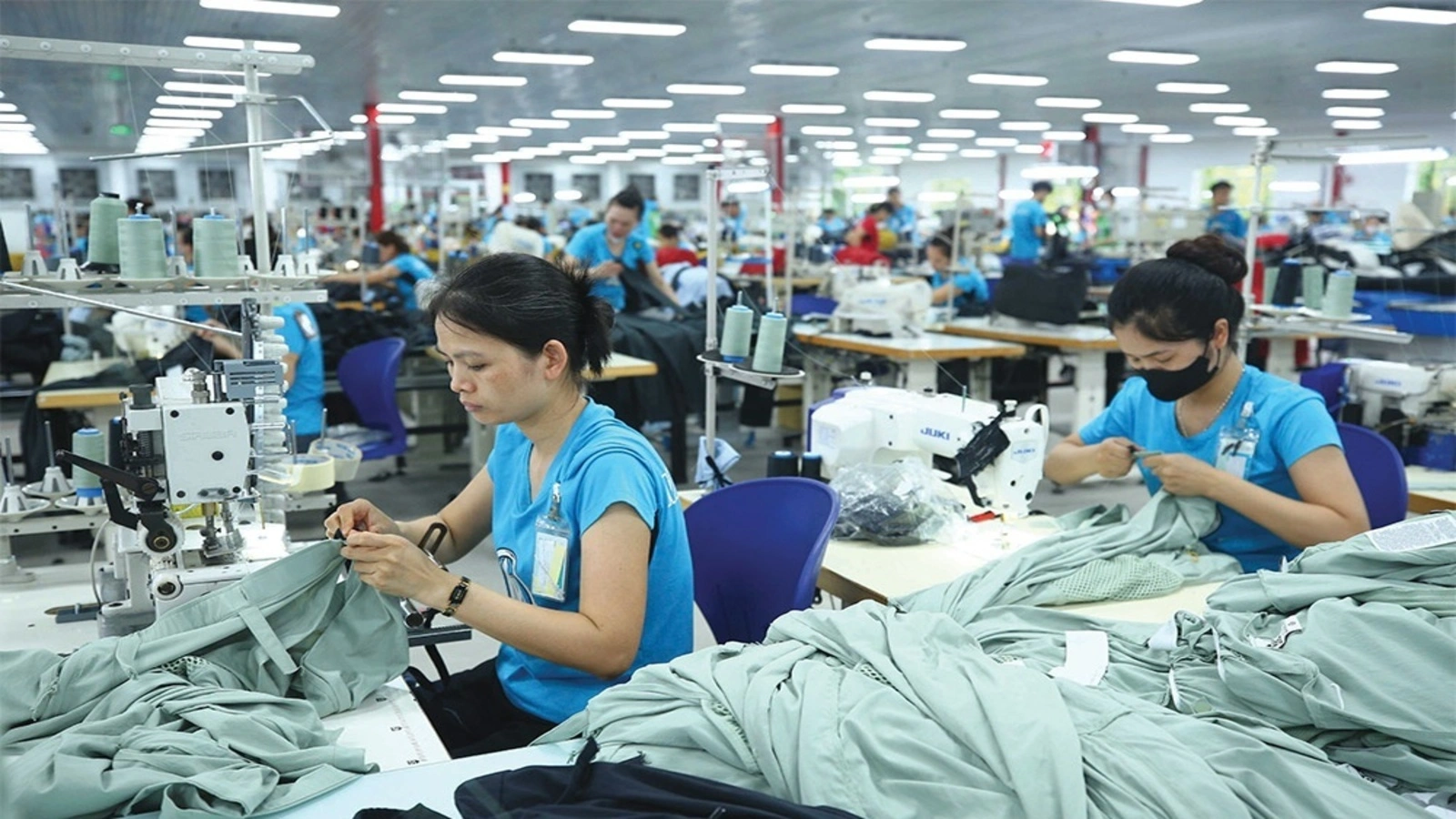

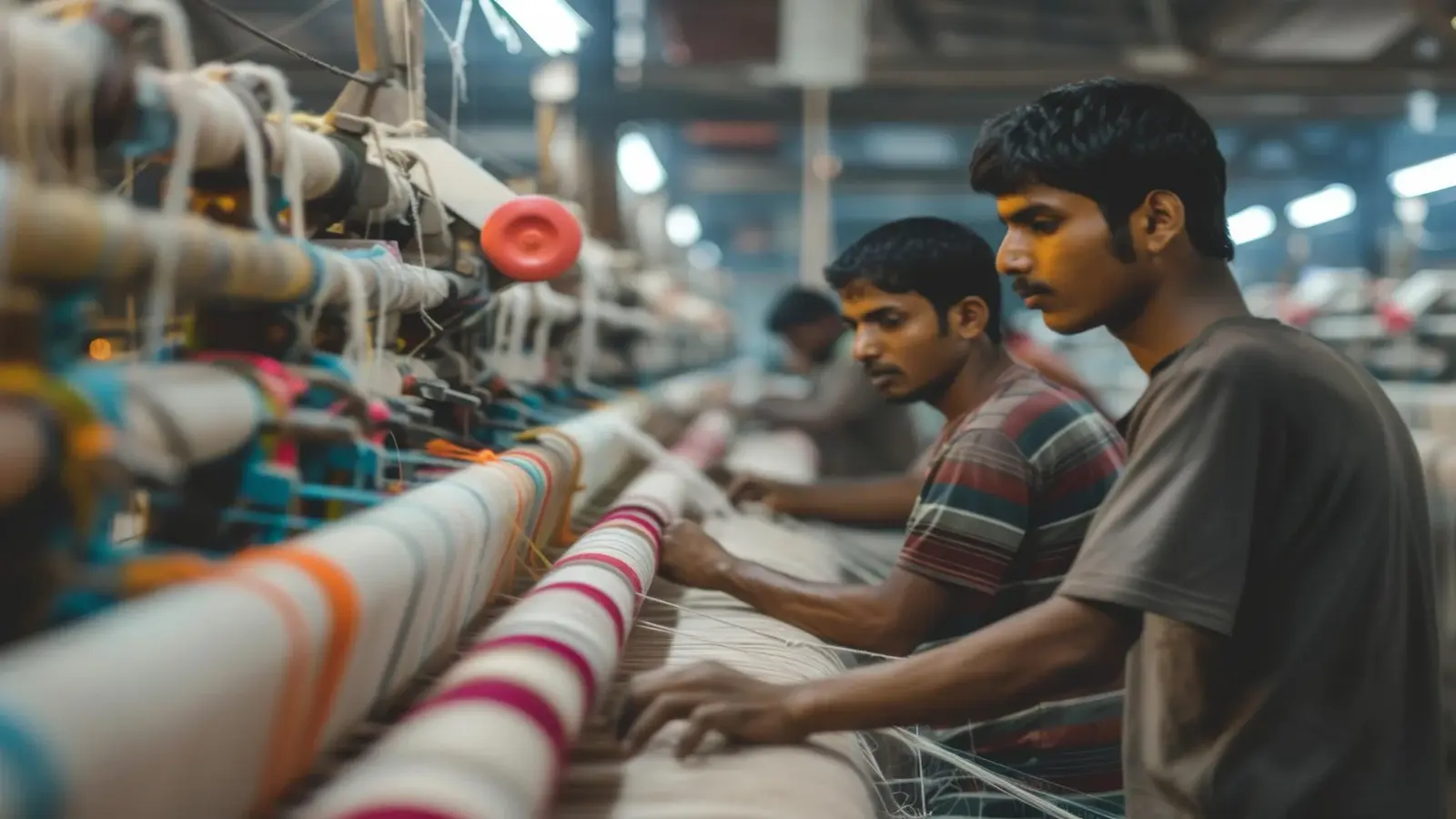

1.webp)
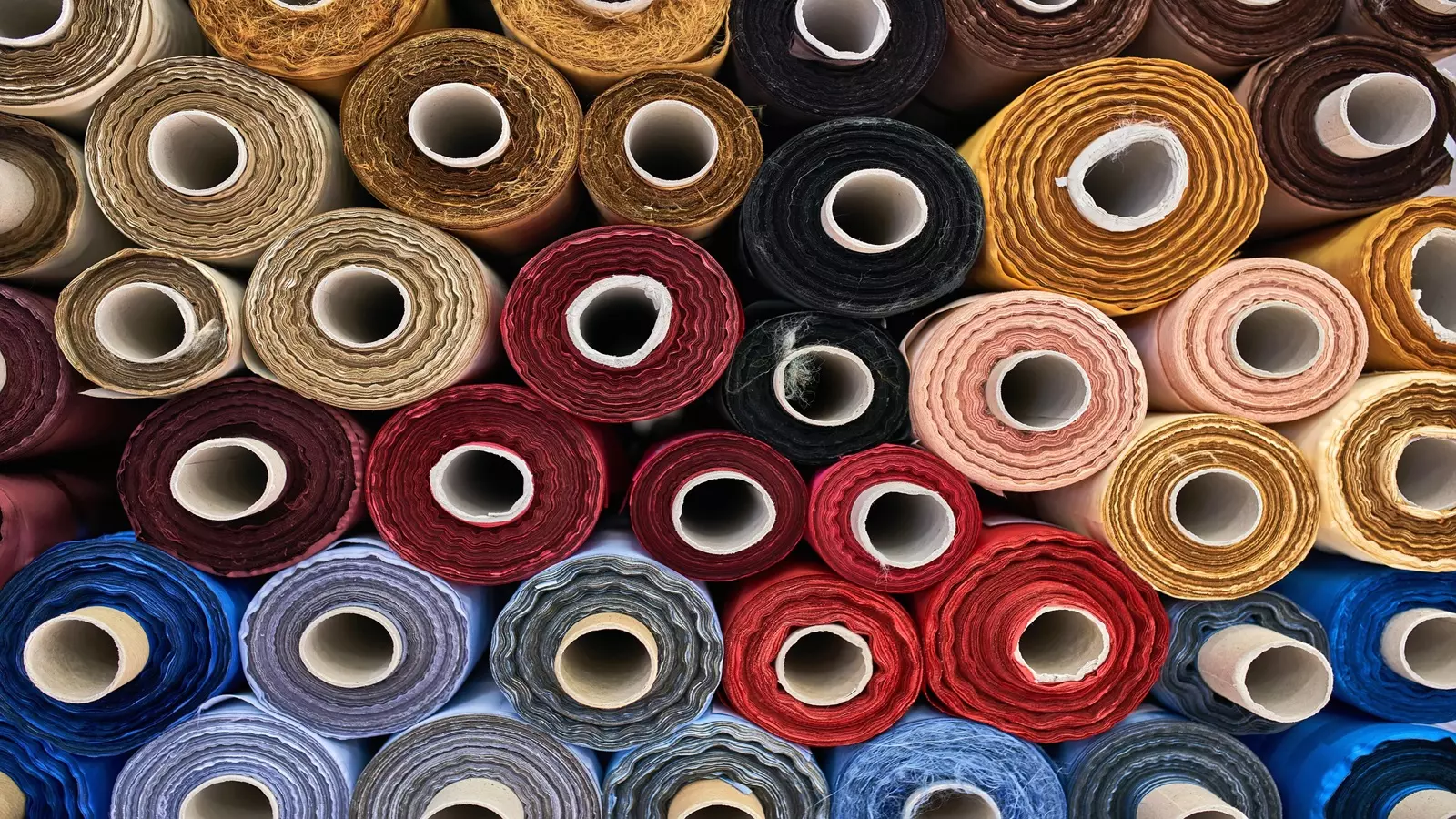





1.webp)

1.webp)
1.webp)
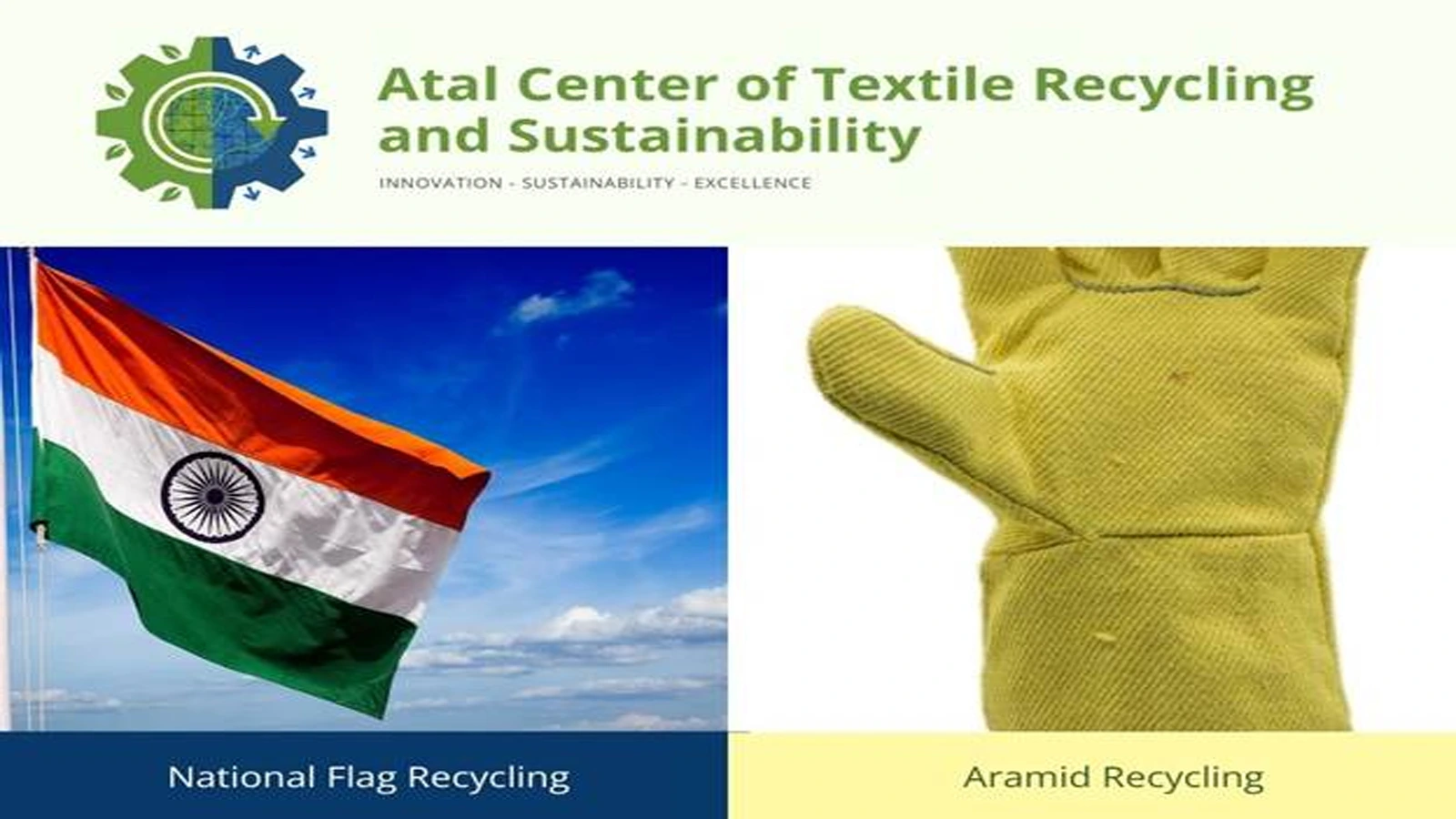
1.webp)

1.webp)

.webp)

1.webp)
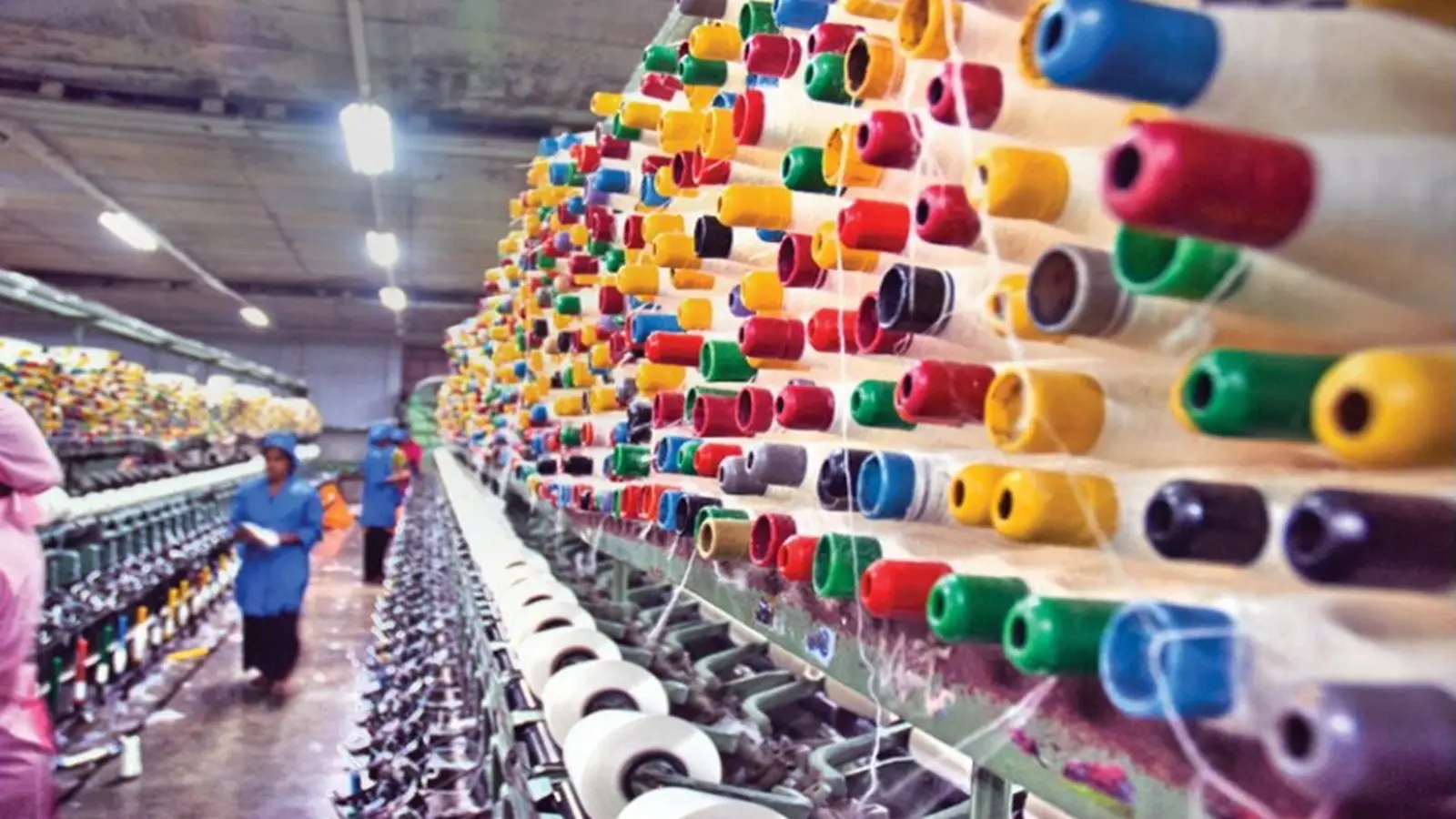
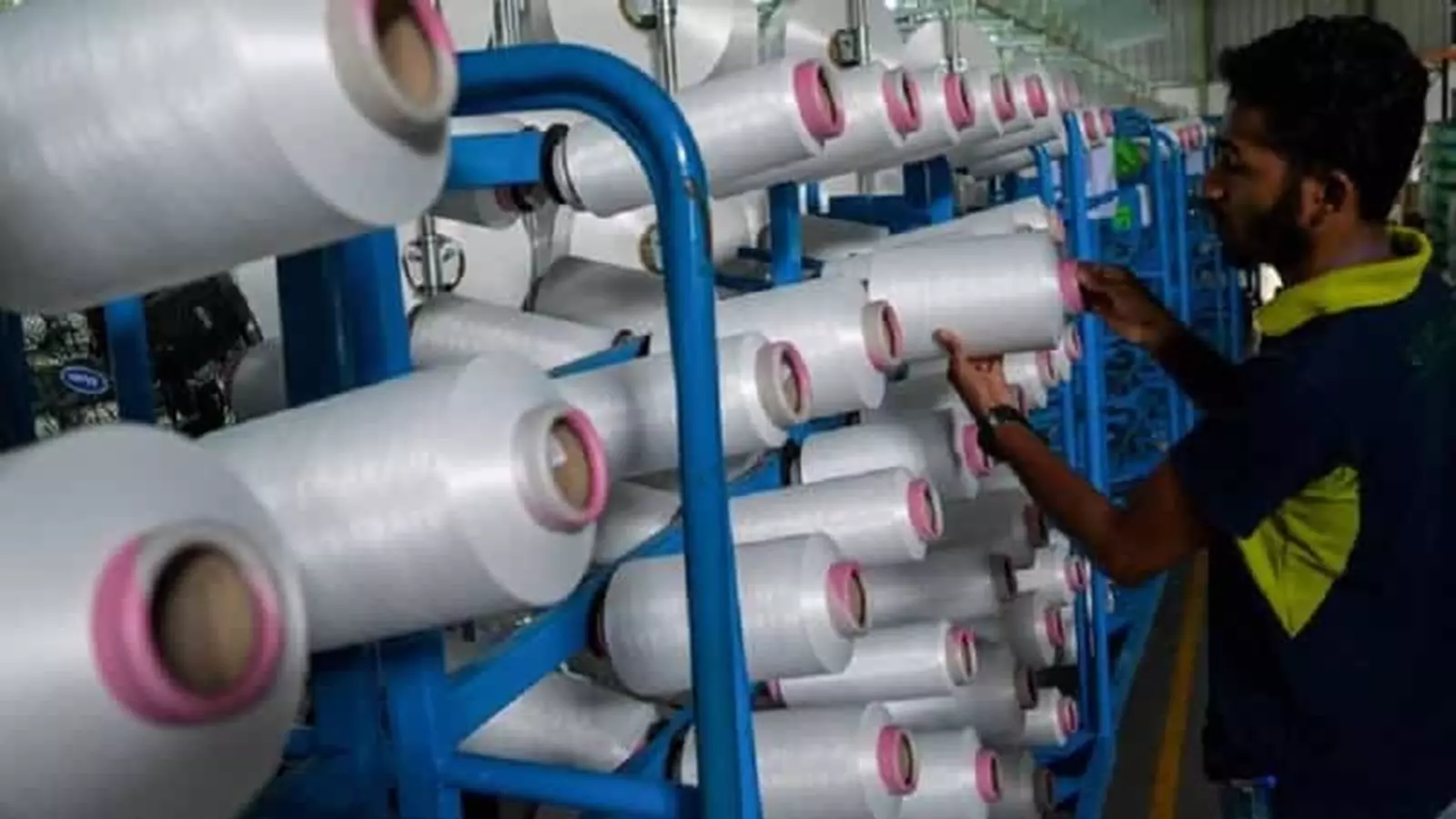

1.webp)








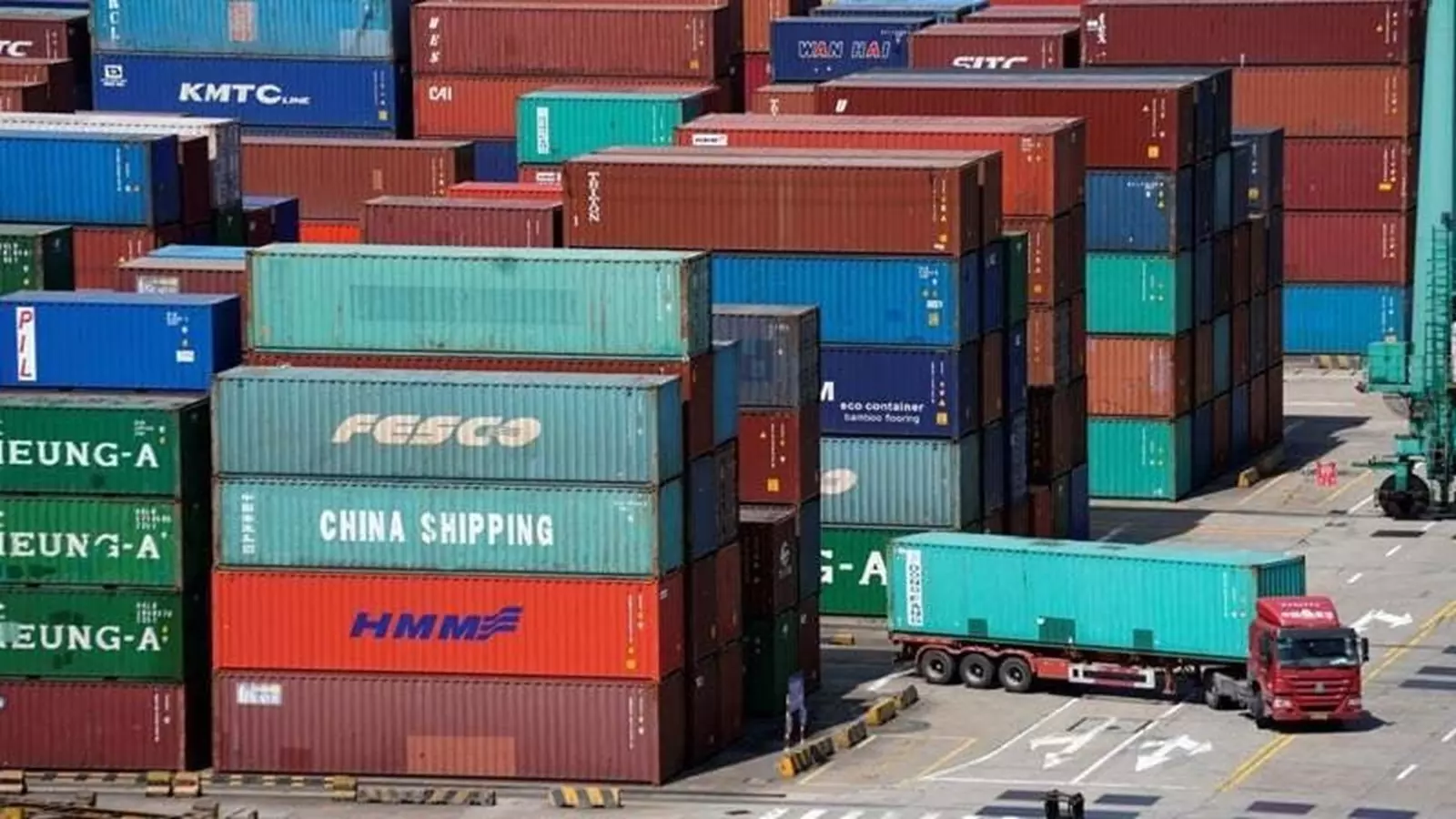
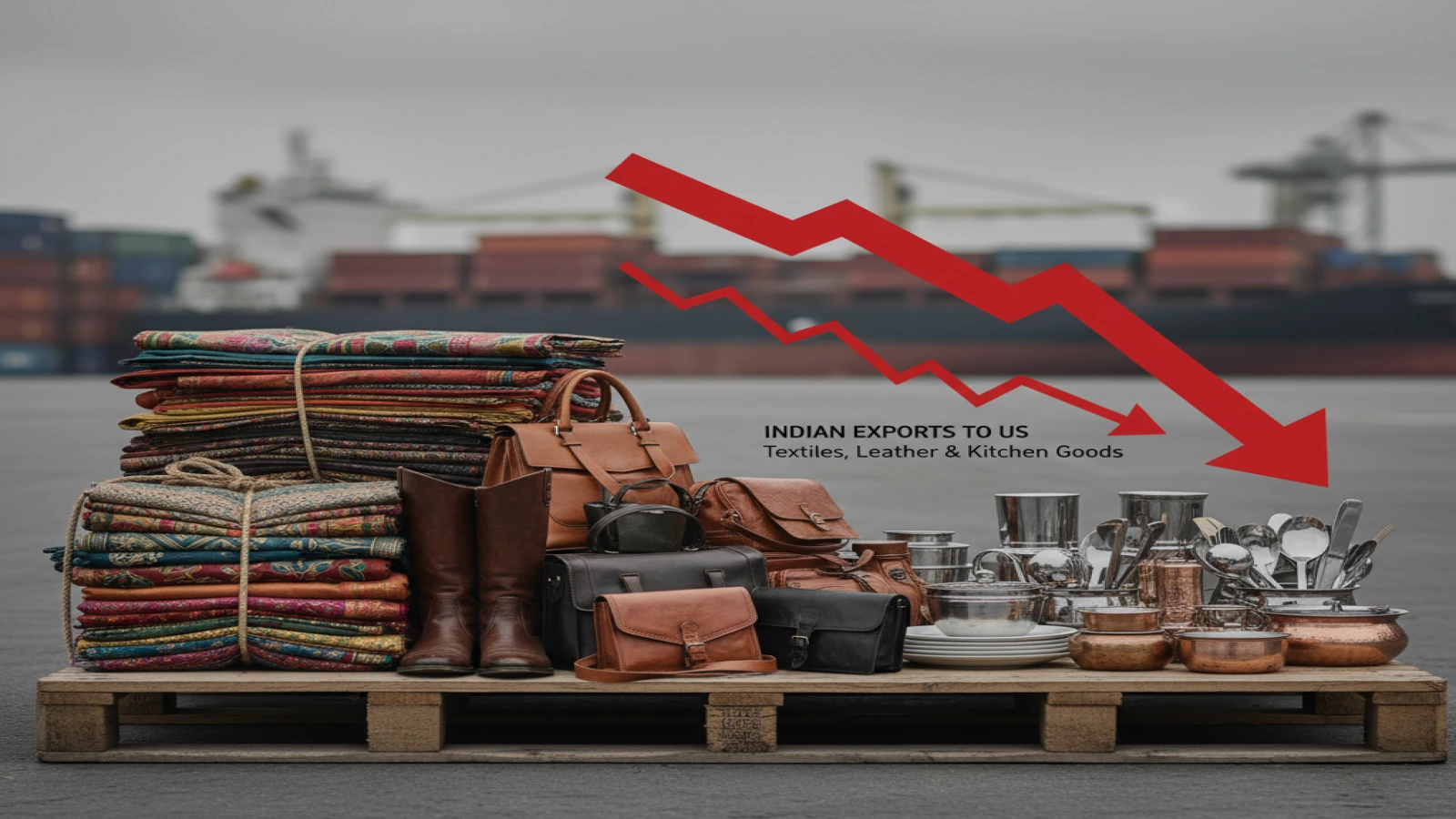



1.webp)

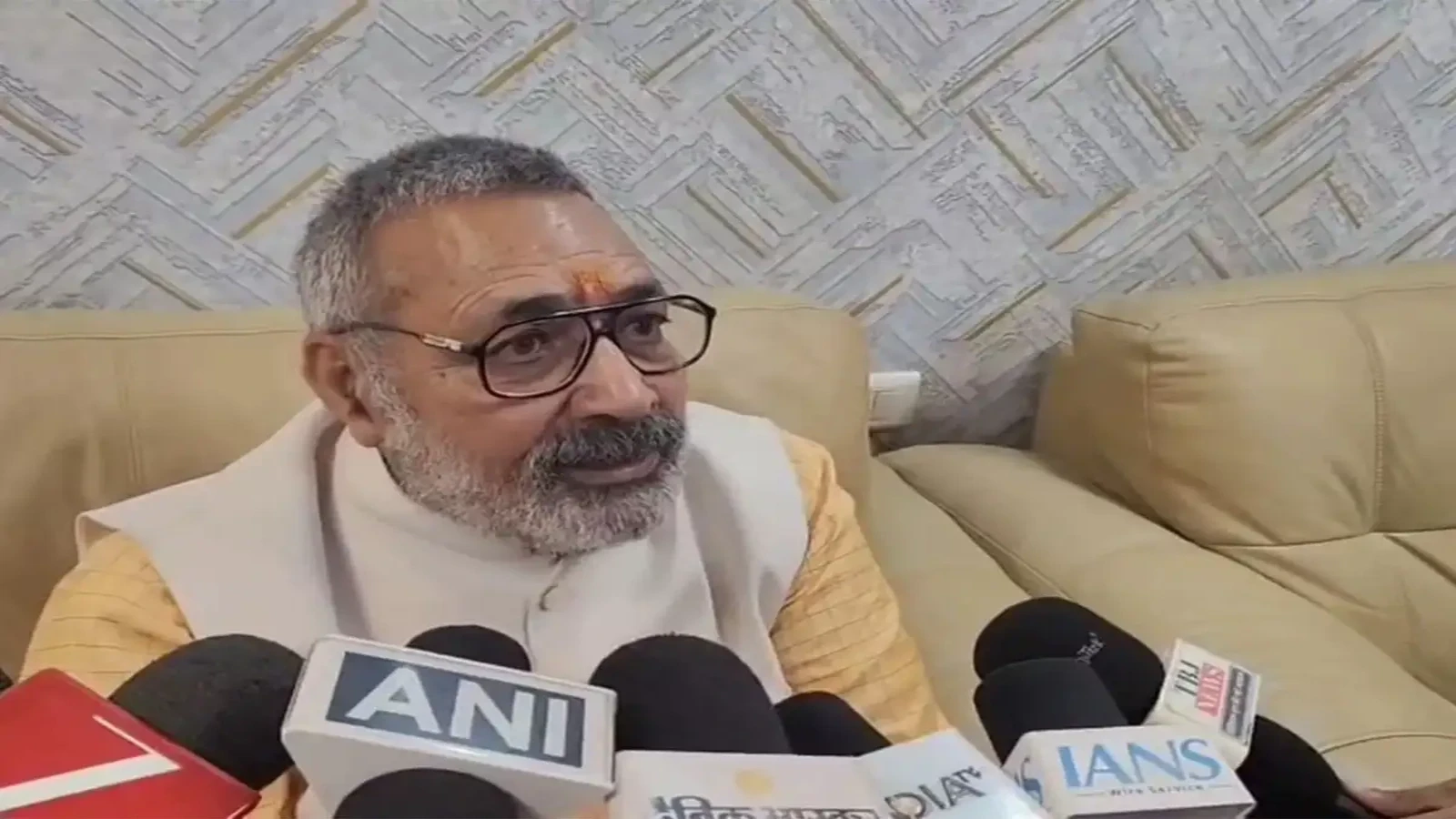

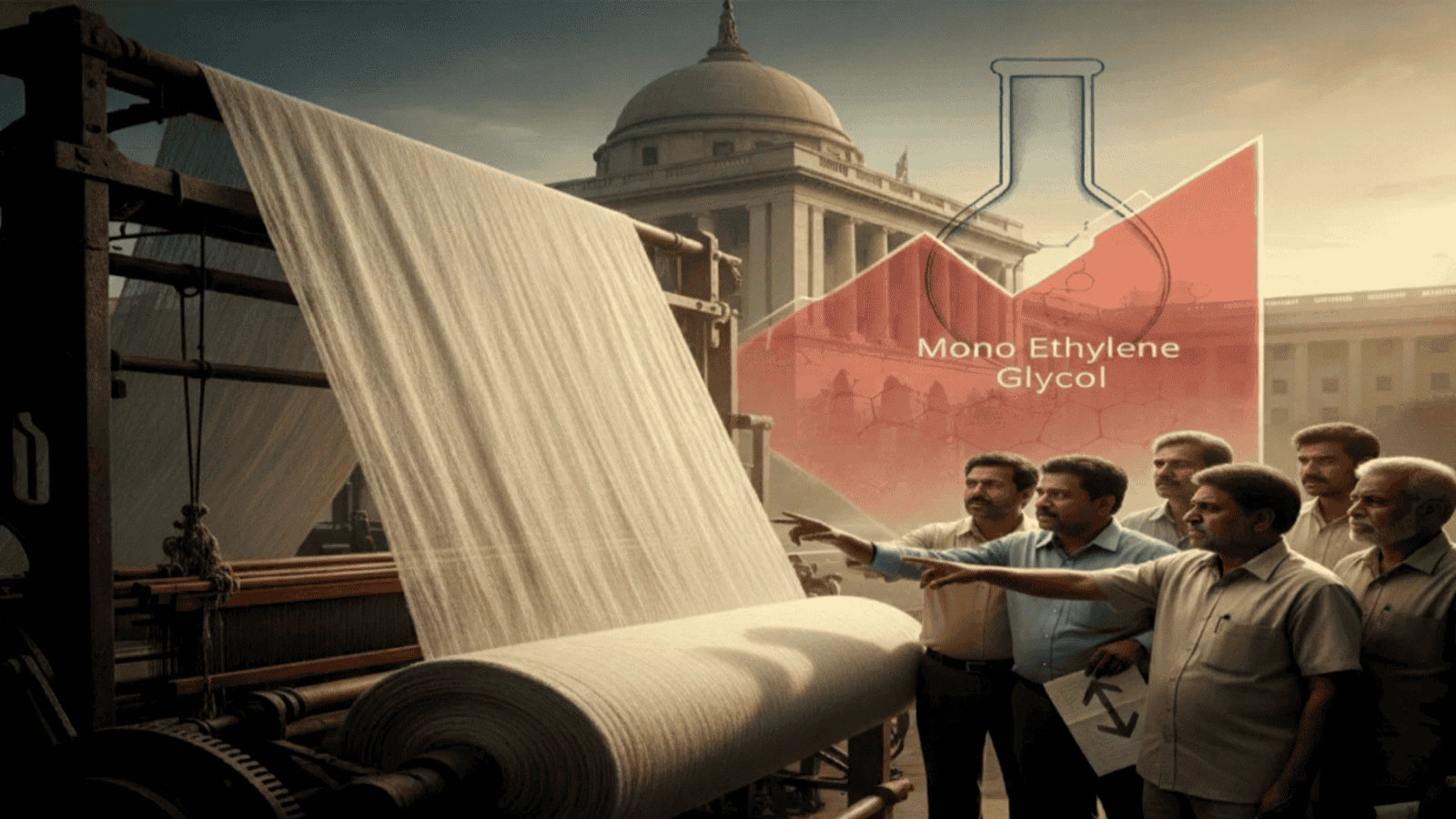




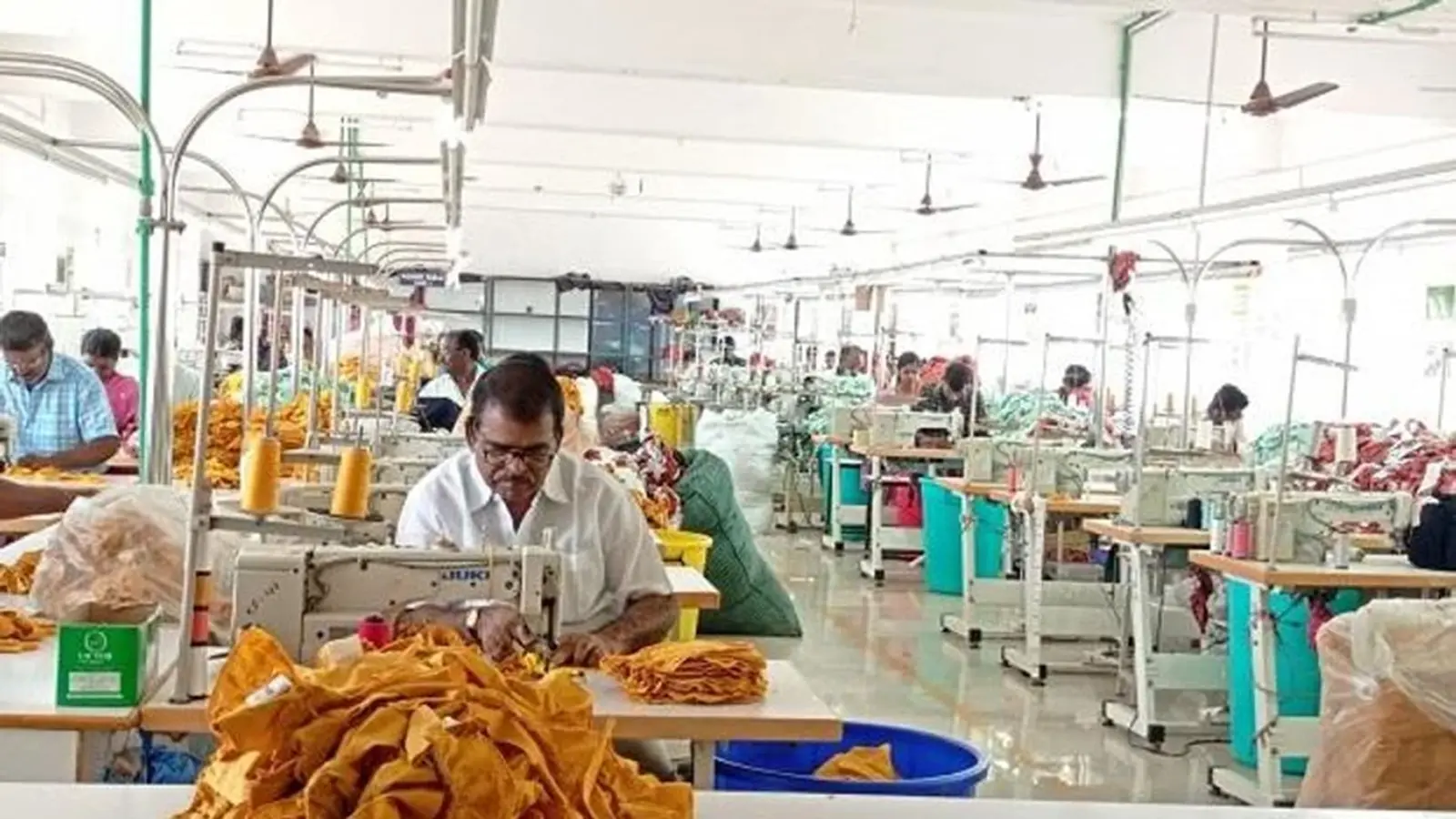



1.webp)


1.webp)


























1.webp)






















1.webp)





1.webp)
1.webp)















1.jpg)






















1.jpg)




























_large1.jpeg)

























































.png)










.jpg)
.jpg)
.jpg)










1.jpeg)